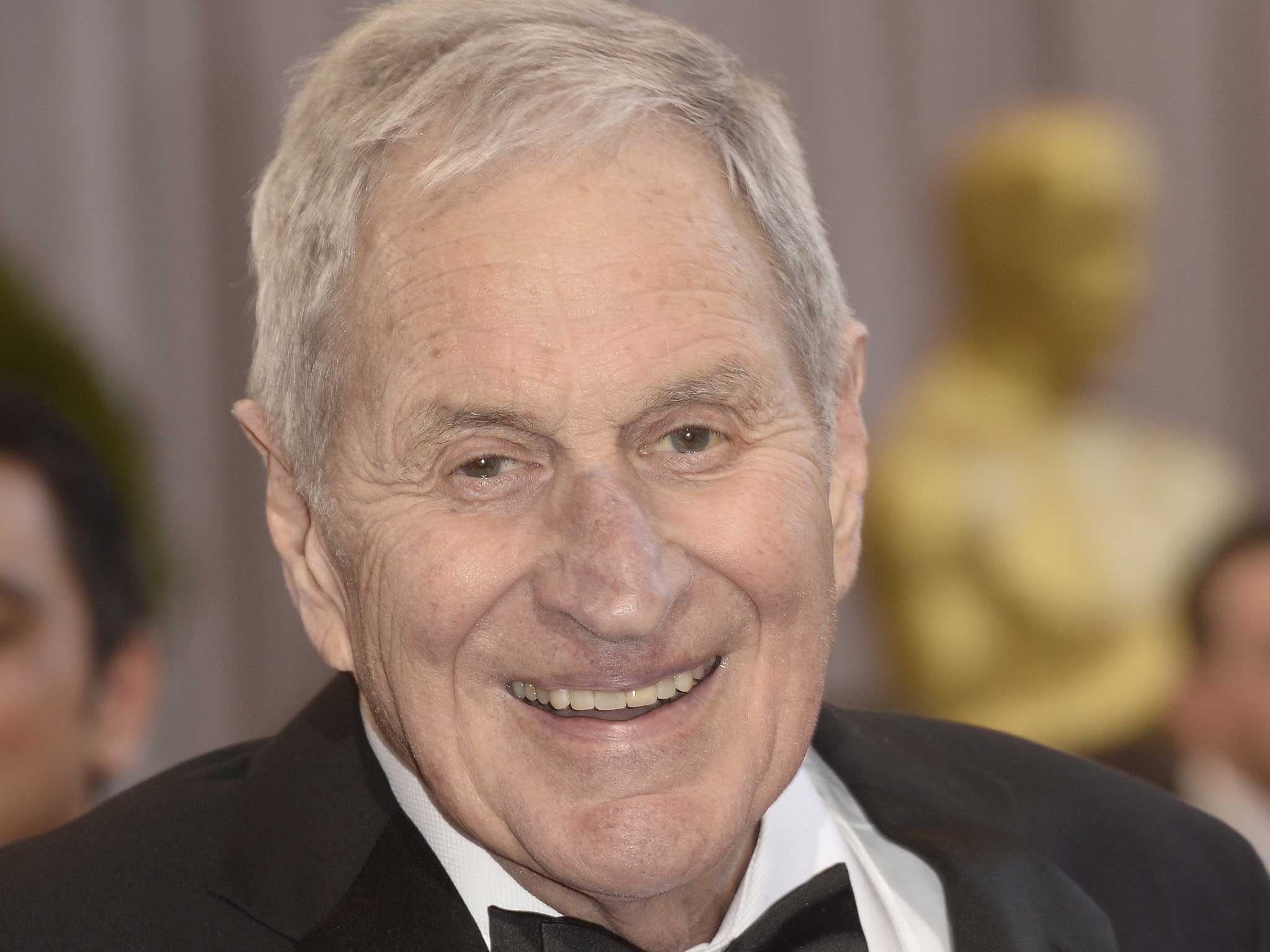A minute's silence: audio pioneer Ray Dolby dies aged 80
American inventor who created surround sound remembered as 'a true visionary'

Your support helps us to tell the story
From reproductive rights to climate change to Big Tech, The Independent is on the ground when the story is developing. Whether it's investigating the financials of Elon Musk's pro-Trump PAC or producing our latest documentary, 'The A Word', which shines a light on the American women fighting for reproductive rights, we know how important it is to parse out the facts from the messaging.
At such a critical moment in US history, we need reporters on the ground. Your donation allows us to keep sending journalists to speak to both sides of the story.
The Independent is trusted by Americans across the entire political spectrum. And unlike many other quality news outlets, we choose not to lock Americans out of our reporting and analysis with paywalls. We believe quality journalism should be available to everyone, paid for by those who can afford it.
Your support makes all the difference.Ray Dolby, the American audio pioneer and inventor of surround sound, has died at the age of 80.
Dolby, who founded his namesake company in 1965, suffered from Alzheimer’s disease and was recently diagnosed with acute leukaemia. He died in his home at San Fransisco
His work in noise reduction and audio technology created an entire industry dedicated to delivering compelling and thrilling audio. The Dolby Stereo system was responsible for creating unique sounds of films from A Clockwork Orange to Star Wars.
"Today we lost a friend, mentor and true visionary," said Kevin Yeaman, president and chief executive of Dolby Laboratories.
Dolby’s work earned him a number of notable awards, including several Emmys, two Oscars and a Grammy. Other honours included receiving the National Medal of Technology from President Bill Clinton and an induction into the National Inventors Hall of Fame in the US and the Royal Academy of Engineers in the UK.
Although his innovations in audio recording and reproduction made a big impact in cinemas, Dolby’s work also found its way into millions of homes. For many his name is permanently associated with reducing the hiss in tape playback.
"Though he was an engineer at heart, my father's achievements in technology grew out of a love of music and the arts," said Tom Dolby, a film-maker and novelist. "He brought his appreciation of the artistic process to all of his work in film and audio recording."
Dolby was born in Portland Oregon, and began his professional work at Ampex Corporation, earning his first patents for videotape recording systems before he’d left college.
He graduated from Standford University and went on to study at Cambridge, founding Dolby Studios in London in 1965. In 1976 he moved to San Francisco where the company established its headquarters.
"Ray really managed to have a dream job," said Dagmar Dolby, his wife of 47 years. "Because he could do exactly what he wanted to do, whichever way he wanted to do it, and in the process, did a lot of good for many music and film lovers. And in the end, built a very successful company."
Since news of his passing, tributes have rushed in for Dolby, with co-workers describing him as an inspiring and thoughtful man, who cared passionately about engineering.
"To be an inventor, you have to be willing to live with a sense of uncertainty, to work in the darkness and grope toward an answer, to put up with the anxiety about whether there is an answer," he once said.
He is survived by his wife, sons Tom and David, and four grandchildren. See below for a video tribute to Dolby’s life and works compiled by Dolby Studios.
Remembering Ray Dolby from Dolby Laboratories on Vimeo.
Subscribe to Independent Premium to bookmark this article
Want to bookmark your favourite articles and stories to read or reference later? Start your Independent Premium subscription today.
Join our commenting forum
Join thought-provoking conversations, follow other Independent readers and see their replies
Comments